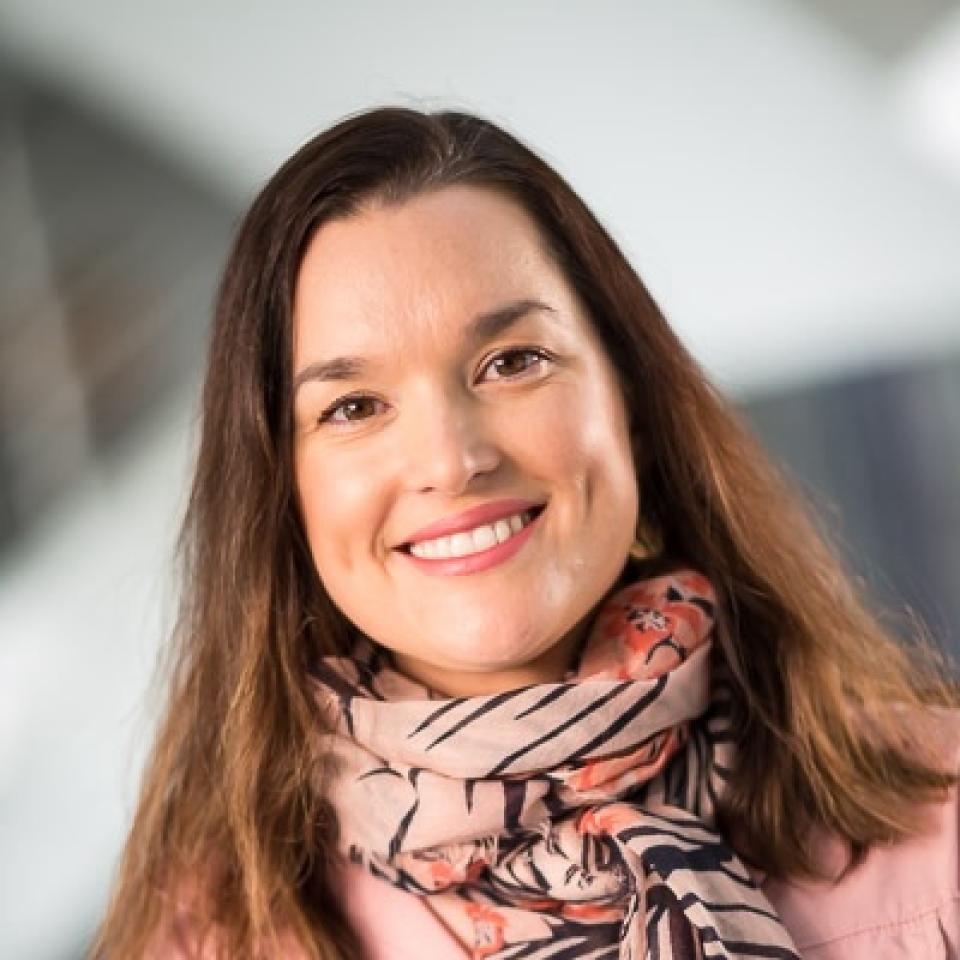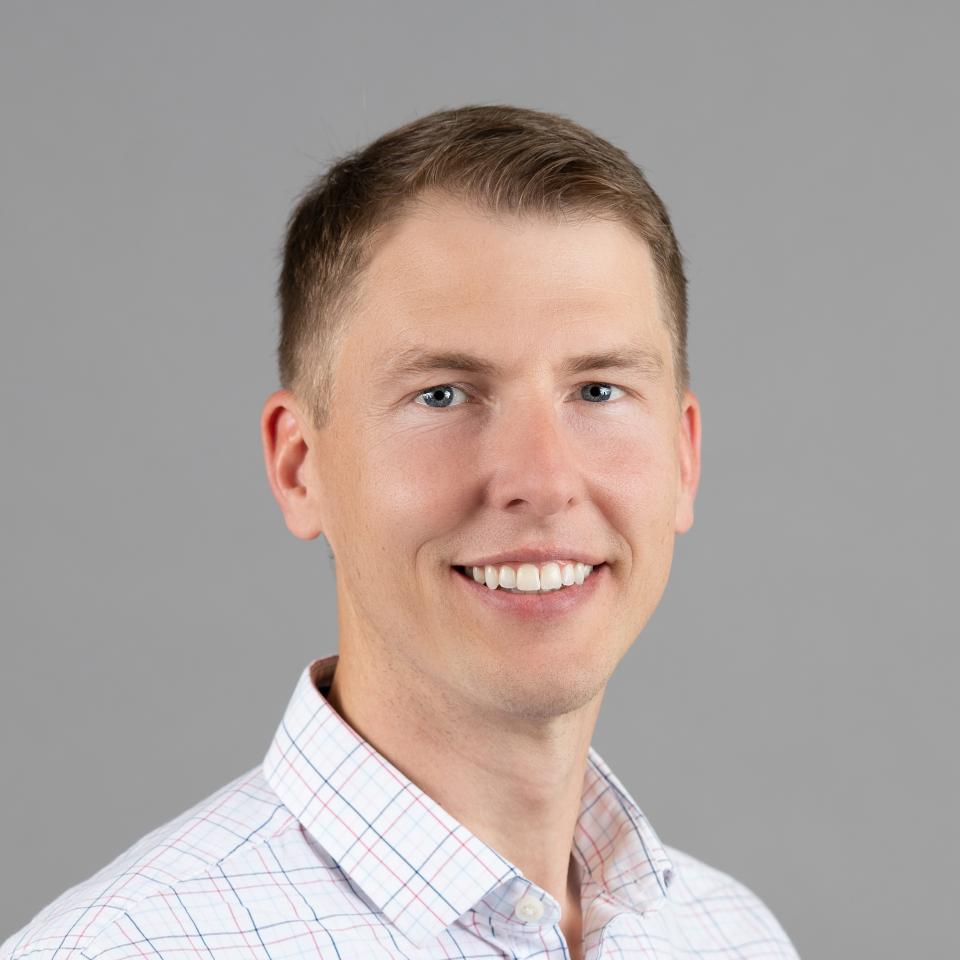
DELPHI Symposium Brings Together Data Explorers to Improve Health Care
Of all new electronic data being generated, 30% is produced by health care systems. This immense quantity of data has the potential to transform our understanding of biology and drastically enhance health care. But it remains a largely untapped resource, its size and complexity vastly outstripping human intuition.
Harnessing big data to improve health and science is the goal of the Data Exploration and Learning for Precision Health Intelligence (DELPHI) data science initiative, whose researchers met at the 2024 DELPHI symposium to learn novel ideas, share useful strategies, and form new collaborations.
As Aaron Quinlan, PhD, professor and chair of human genetics and faculty co-director of DELPHI, said at the symposium’s opening remarks, “Data science is really as broad as science itself.” A tall order for a one-day meeting, it was clearly demonstrated by participants who hailed from across the U and whose work ranged from bench to bedside to the air we breathe.
Wrangling health data
Many researchers sought new ways to use health data to solve intractable problems. Several scientists aimed to develop better strategies to predict health risks and outcomes for conditions ranging from prostate cancer to sepsis. Other researchers worked to map out the geography of which patients go to which hospitals to help hospitals better collaborate on emergency care. Or they used large-scale electronic health record data to reveal which diabetes medications are safest and most effective.
Mary Playdon, PhD, assistant professor in nutrition and integrative physiology, took a big-data approach to developing dietary therapies for cancer survivors. She looks at how different foods affect body chemistry on a molecular level: how they break down into different metabolites and how the body responds to them. By examining food biomarkers directly, she can get an extraordinarily precise look at a patient’s diet. “We can tell how much your coffee beans were roasted for your coffee this morning,” she says.
Playdon aims to compare the chemical structure of food metabolites to existing medications to develop diets that optimize cancer survivors’ health.

I think it’s a really exciting time to be doing research in this space. I think there are huge opportunities for precision nutrition to improve patient outcomes.
Building new tools for better research
Other researchers focused on building tools to better interpret other kinds of data: for instance, by finding better ways to summarize change over time, a major difficulty in understanding large datasets. And several scientists were developing strategies to use data from environmental sensors more effectively, from adding mobile air quality sensors to public transit to fill in the gaps between stationary sensors, to creating data management tools that promote more robust exposure health research.
Kendell Clement, PhD, assistant professor in biomedical informatics, is interested in finding better ways to understand what genes do and how genetic changes affect health. Large-scale gene-editing experiments are a powerful strategy to answer these kinds of questions, but interpreting the results of such experiments can be complex.
That’s why Clement’s lab is working on tools to help process and interpret the data from gene-editing experiments. “Our tools help researchers understand what kind of mutations are in single cells and how those mutations are associated with disease,” he says. The tool is freely available online and is designed to be easy to use, he adds.

We hope our tools help all researchers better understand their gene-editing experiments.
Sparking collaborations
Accessible science was hardly confined to the day’s talks. At the poster session, researchers discussed the training opportunities offered by DELPHI that they were excited to try, recommended the best strategies to test each others’ models, and connected with other scientists to see how to integrate one person’s app into another person’s risk-prediction software.
“This symposium is giving me ideas of how to make the tools I’m building even more useful for experts,” says Janet Ikhile, a graduate researcher in the Kahlert School of Computing who’s building clinician-focused tools to measure motor performance. “It lets me see how people are using data.”
“I always come out of this with so many ideas,” adds Ainhoa Lumbreras, MD, PhD, research associate in pharmacotherapy. “I always want to jump into different things, as all the topics are really interesting.”
That’s the point of the symposium, said James Hotaling, MD, associate professor of surgery and faculty co-director of DELPHI, in closing remarks. “The idea is to bring diverse researchers together, because the real magic happens at those interfaces between disciplines.”